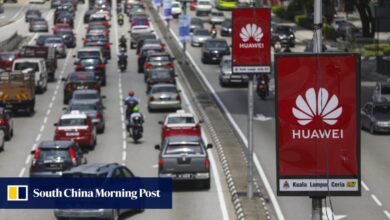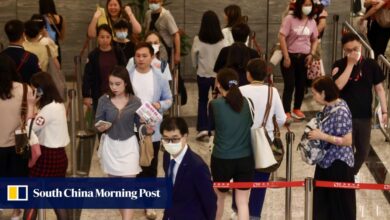The Center skyscraper sale was a Hong Kong blockbuster, now buyers struggle to cash out

But the company has yet to find a buyer for the 30th floor, according to people familiar with the matter, as the city’s market for office space has been in the doldrums for years.
The Shenzhen-based home builder is seeking HK$500 million (US$64.3 million) for the asset, or HK$20,000 per square foot for the 24,900 sq ft space. In 2019, Kaisa reportedly bought the entire floor for HK$884 million, which is 43 per cent higher than the current sticker price. Kaisa bought that floor from local businessman Lo Man-Tuen and at the same time, it also bought the 38th floor for a reported HK$1.08 billion from tycoon David Chan Ping-chi, also known as the “King of Cassettes,” because his company is one of the world’s biggest producers of cassette tapes.
Just two years later, Kaisa had to dump the 38th floor for just HK$186.4 million, selling it to mainland investment firm Shandong Hi-Speed Financial Group so it could settle an outstanding loan, according to Hong Kong exchange filings. And in 2023, the firm pledged the 30th floor to Kingston Finance to secure a loan, the Land Registry showed.

Source link



